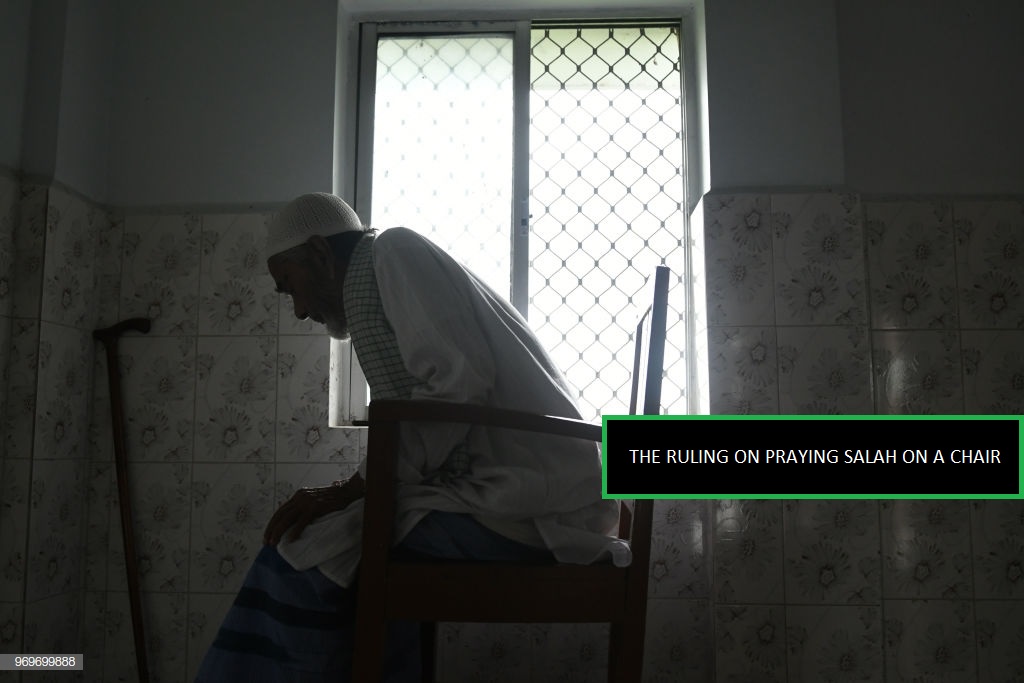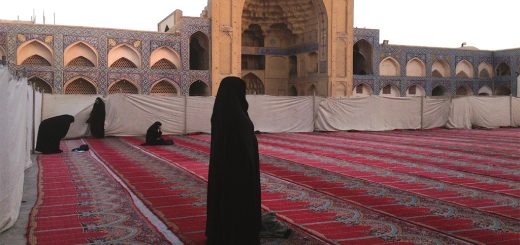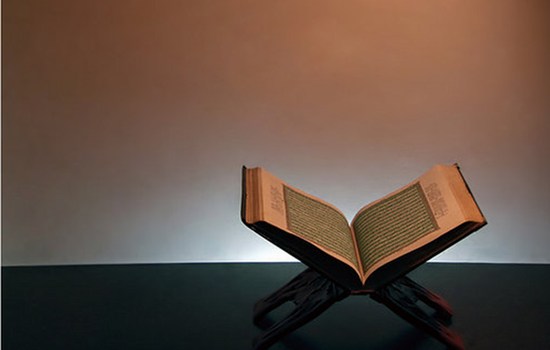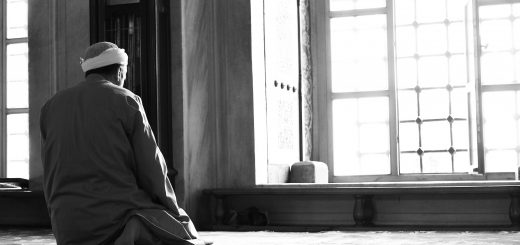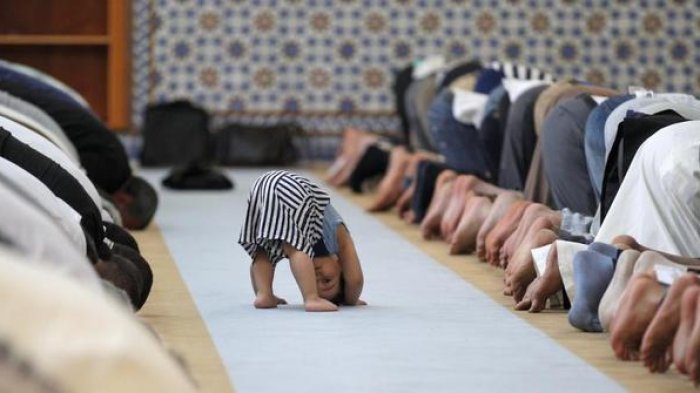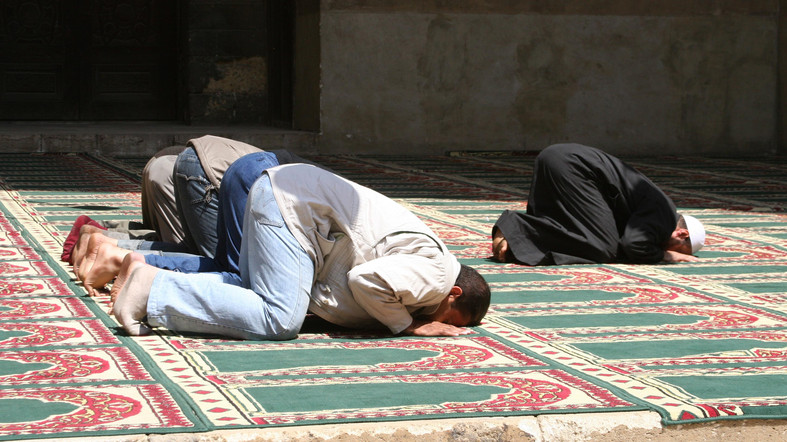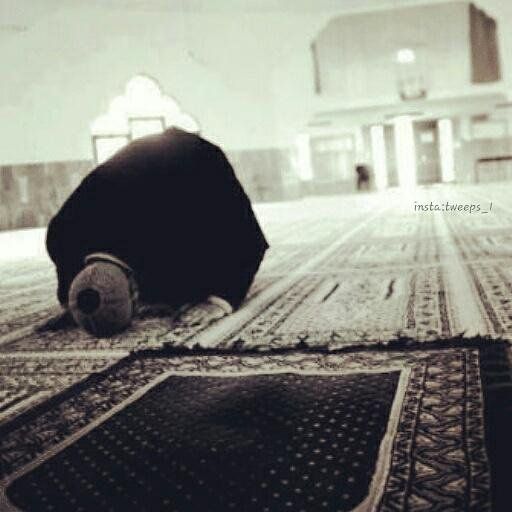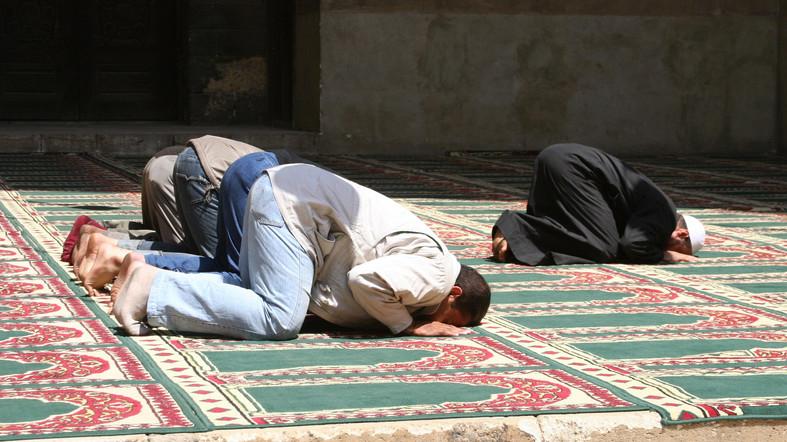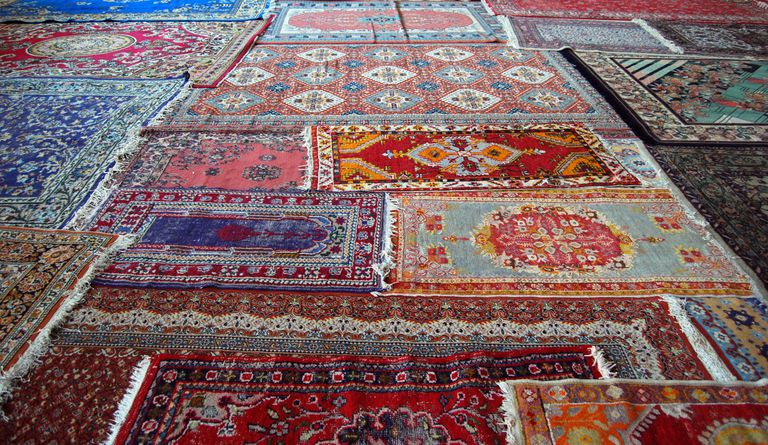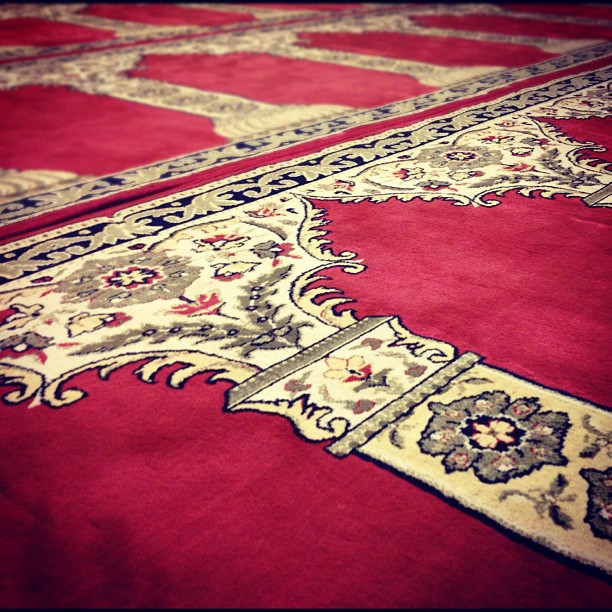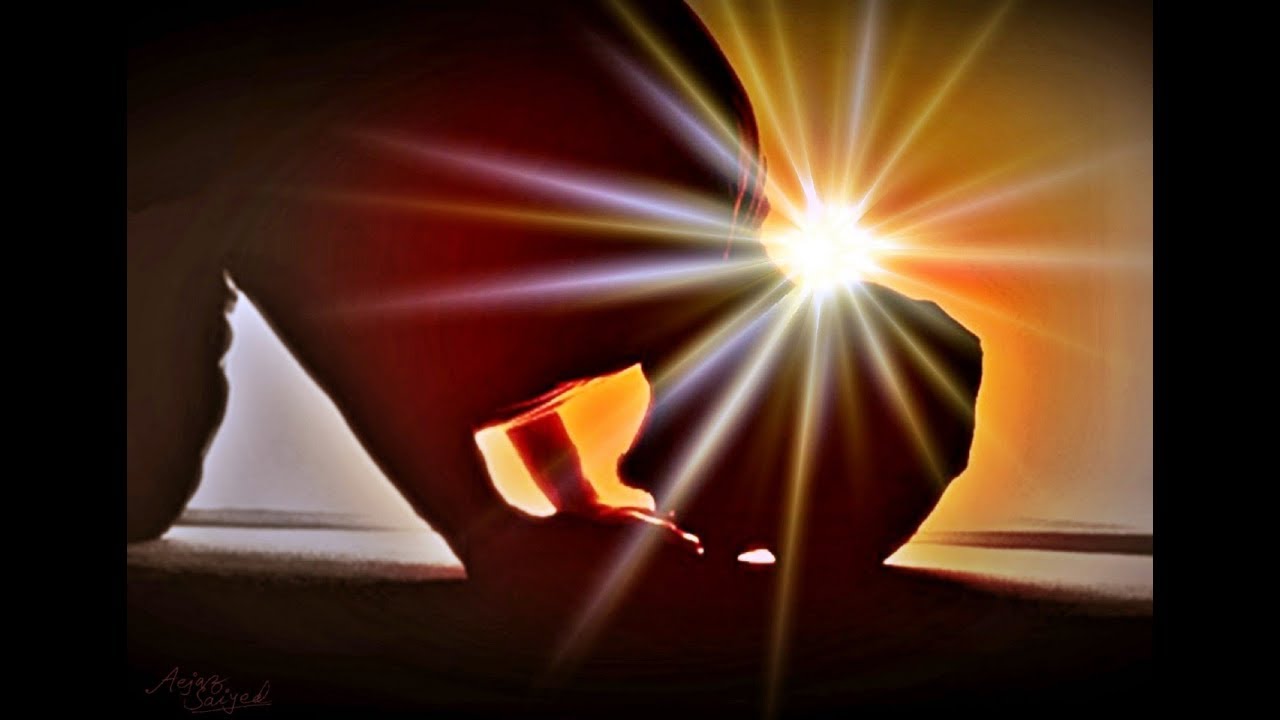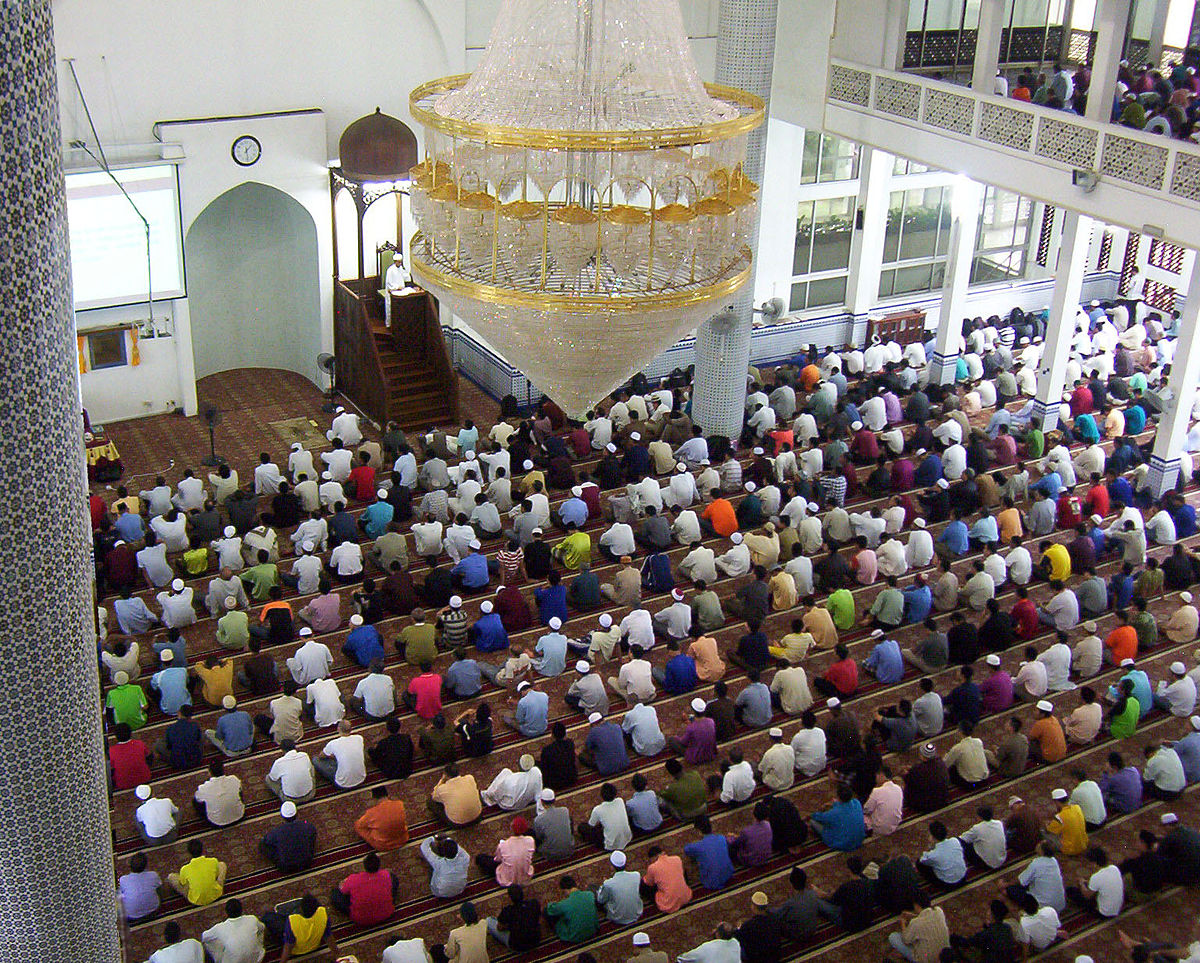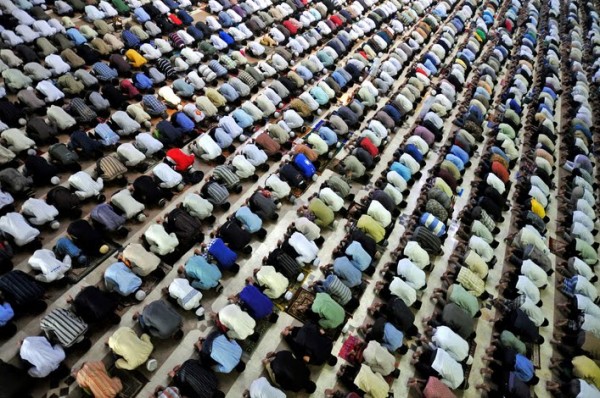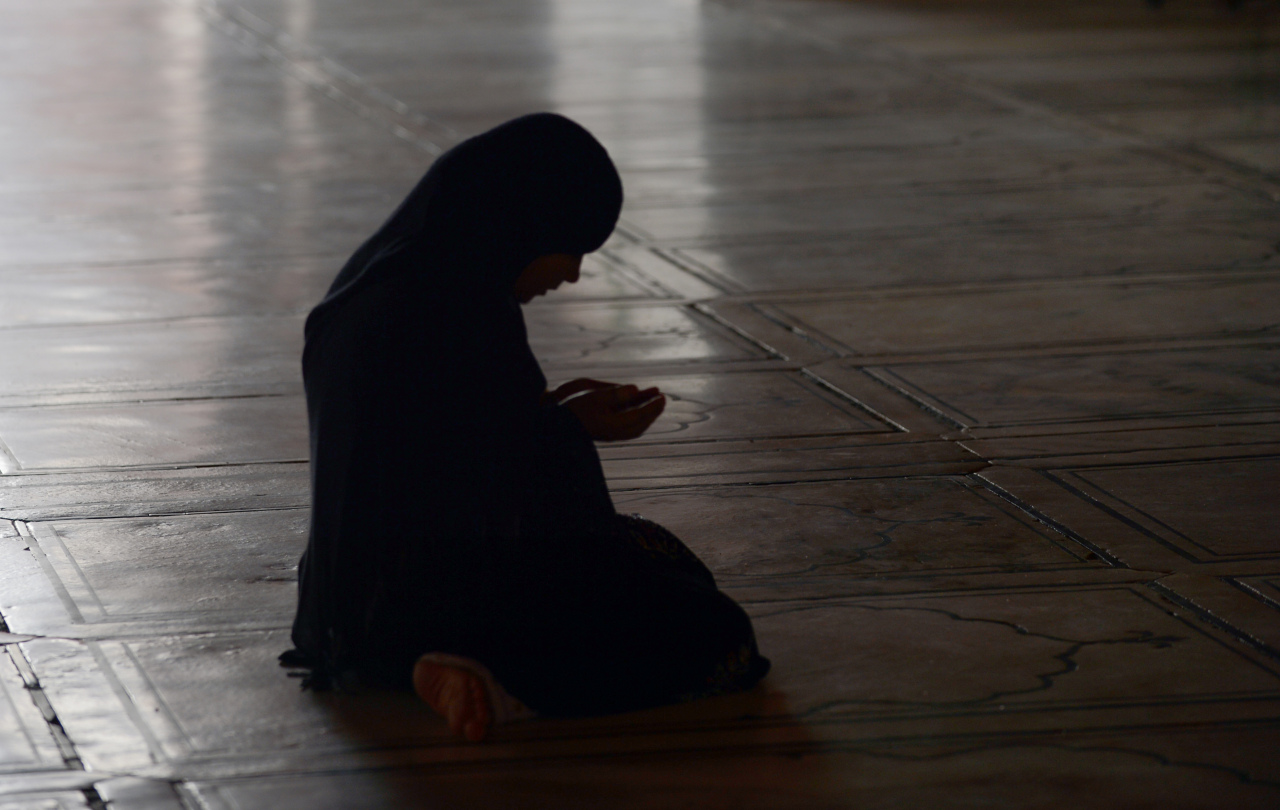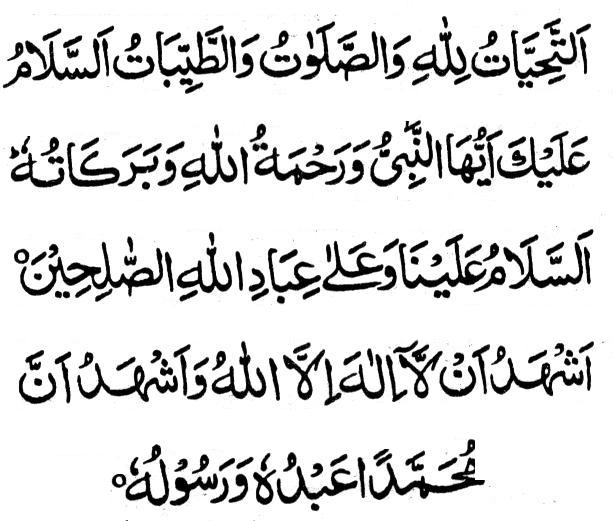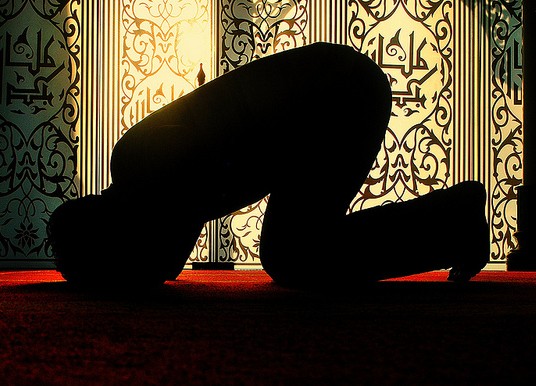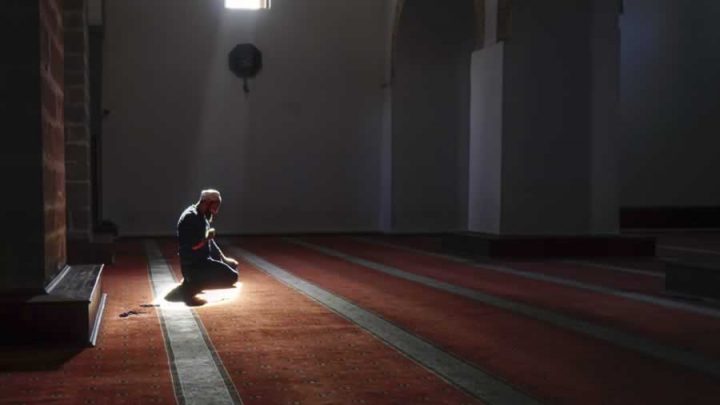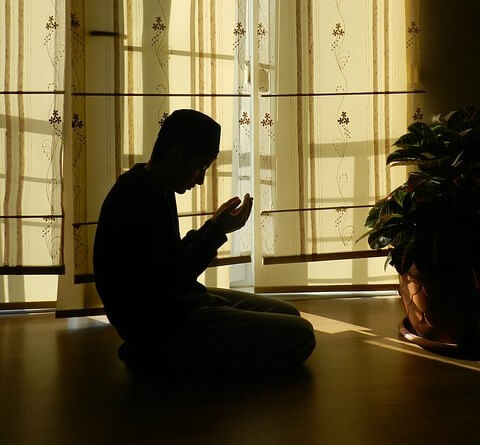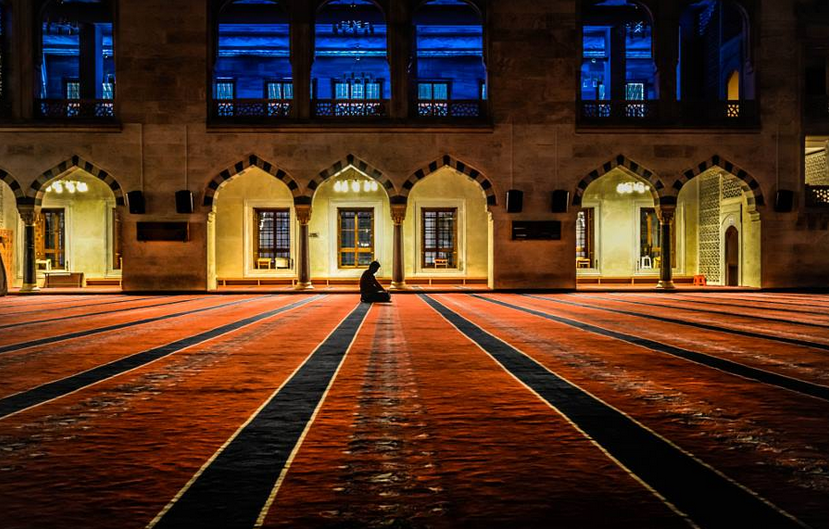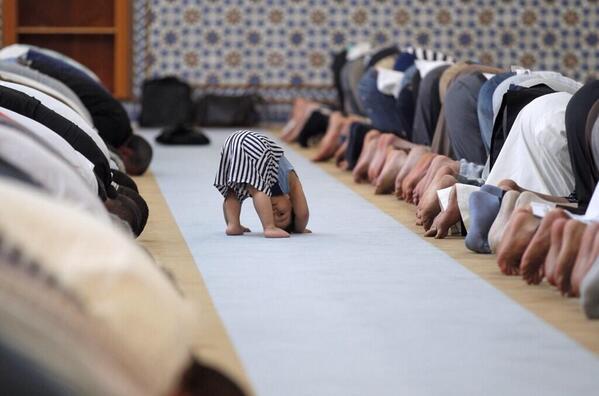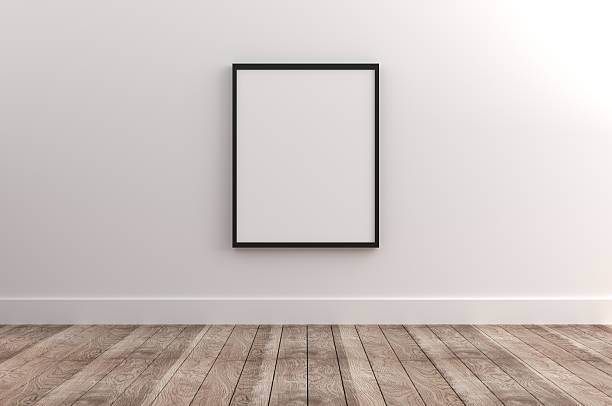QUESTION:
What do the scholars of the Dīn and muftīs of the Sacred Law state regarding the following issue: What is the ruling regarding praying salāh on a chair and if there is a written answer by Sayyidī Imām Ahmad Ridā Khān, may Allāh shower mercy upon him, then please can you bless us with this also because here people pray salāh on chairs in the Masjids. A few days earlier, I came across a note which said it is impermissible to pray salāh on a chair. Is this so?
Questioner: Zubayd Akhtar from Dhaka, Bangladesh
ANSWER:
بسم اللہ الرحمن الرحیم
الجواب بعون الملک الوھاب اللھم ھدایۃ الحق والصواب
Yes, the case of praying salāh on a chair means leaving out qiyām, rukū’ and sujūd [i.e. standing, bowing and prostrating], thus salāh is not fulfilled by praying it on a chair unless there is a legally valid reason according to Islamic Law. This is because it is Fard to pray the Fard & Wājib salāhs and the Sunnah of Fajr standing; if they are prayed sitting down without a legally valid reason in the eyes of Sharī’ah, then the salāh will not be fulfilled, and if it is not possible for someone to stand by themselves but is with a staff or by leaning on a wall or with the help of a person, then it is essential to stand for the amount of time it is possible for such said state.
This is because standing in salāh is Fard due to being mentioned in the Majestic Qur’ān, just as Allāh Almighty states,
{حٰفِظُوۡا عَلَی الصَّلَوٰتِ وَالصَّلٰوةِ الْوُسْطٰی٭ وَقُوۡمُوۡا لِلہِ قٰنِتِیۡنَ}
{Guard (protect) all your salāhs and (particularly) the middle salāh, and stand with devotion before Allāh}
[Sūrah al-Baqarah, verse 283]
The command of punctually praying the five daily Fard salāhs in their stipulated times alongside their principles and conditions whilst standing has been stated in the blessed verse; standing in salāh being Fard is established from this.
The Imām of the Ahl al-Sunnah, Sayyidī Imām Ahmad Ridā Khān, may Allāh be pleased with him, whilst mentioning the importance of standing in salāh, states that nowadays many ignoramuses pray Fard salāh sitting from the onset due to the slightest bit of weakness or old age, although first of all there are many amongst them who, if they try, can pray salāh fully standing, and by fulfilling as so, neither will their health issue increase, nor will they suffer from any new health issues, nor will they fall over, nor will they suffer from any dizziness, etc or any extreme pain. There is only one type of difficulty which those who pray salāh clearly fail in saving themselves from; I have witnessed that those very people who pray Fard salāh sitting with the excuse of weakness and health issues, they are the same people who remain stood talking for the duration in which they would have been able to pray 10-12 rak’āt; it is never allowed to sit [and pray] in such said state, rather it is Fard that one fulfils the complete Fard of qiyām [standing]. He further states that, (if they) have surety of having the slightest bit of strength to stand, then it was Fard upon them that they stood for the amount time they had the ability to stand for, up to the extent that even if they could only say Allāhu Akbar whilst standing, then they are to stand for this amount of time. When the situation of an overweighted opinion arises, then they sit; this praying whilst sitting from the onset also invalidates their salāh.
Thirdly, it is also the case whereby a person does not have the strength to stand for the amount of time for [reciting] takbīr, however he does have the strength of fully or partially standing whilst leaning on a staff, or leaning on some person, pillow or wall, so it is Fard on such a person that they comply by standing whilst leaning on that staff or pillow for the amount of time that they can. If [he can stand] fully, then [he should stand for] full and if only partial, then partial otherwise his salāh will not fulfilled according to the sahīh mazhab.
[Fatāwā Ridawiyyah, vol 6, pg 160]
There are two permissible cases for praying salāh on a chair which are mentioned below:
- If someone can not stand at all in salāh, or he can only stand for a short amount of time but then does not have the strength [to stand any longer], however he is able to perform rukū’ and sujūd correctly.
The Islamic ruling for such a person is that he should pray salāh standing for the amount of time that it is possible for him to stand; even if he only stands just for the saying of takbīr, he can pray the rest of the salāh sitting. Though because he is able to perform rukū’ and sujūd, so it will be essential for him to correctly perform rukū’ and perform sajdah on the ground or upon such a thing which is at a maximum height of 12 fingers from the ground, meaning he will have to perform sajdah on the ground, even if he is sat on the chair because standing is excused from him due to a legally valid reason, not sajdah, as he is able to perform sajdah.
Thus, he will have to get down from the chair in order to perform sajdah, if he does not get down and performs sajdah on the chair by ishārah [gestures], or he performs sajdah on the seating area of the chair, his sajdah will not be fulfilled, which will invalidate his salāh. Thus, he should pray salāh sitting on the ground, not on the chair, so that he would not have to repeatedly go up and down from the chair, which can be a cause for many makrūh [disliked] actions.
It is stated in Durr Mukhtār,
“وَإِنْ قَدَرَ عَلَى بَعْضِ الْقِيَامِ وَلَوْ مُتَّكِئًا عَلَى عَصًا أَوْ حَائِطٍ (قَامَ) لُزُومًا بِقَدْرِ مَا يَقْدِرُ وَلَوْ قَدْرَ آيَةٍ أَوْ تَكْبِيرَةٍ عَلَى الْمَذْهَبِ لِأَنَّ الْبَعْضَ مُعْتَبَرٌ بِالْكُلِّ”
“If someone is just capable of standing somewhat, even if it is possible to stand by leaning on a staff or a wall, then he should definitely do so (i.e. stand) to the extent of which is possible, even if one does so for the amount of time of [reciting] an Āyah or takbīr because the ruling of partial is like that of full.”
[al-Durr al-Mukhtār and Radd al-Muhtār, vol 2, pg 684]
- If someone is not able to perform both rukū’ and sajdah, or cannot perform just sajdah, even though one can stand, such said person is excused from standing, thus such an ill person can pray salāh sitting on a chair. Though he should avoid leaning back unless there is a reason to and he should perform the acts of salāh with the utmost respect and reverence.
It is stated in Durr Mukhtār,
“(وَإِنْ تَعَذَّرَا) لَيْسَ تَعَذُّرُهُمَا شَرْطًا بَلْ تَعَذُّرُ السُّجُودِ كَافٍ (لَا الْقِيَامُ أَوْمَأَ) بِالْهَمْزِ (قَاعِدًا) وَهُوَ أَفْضَلُ مِنْ الْإِيمَاءِ قَائِمًا لِقُرْبِهِ مِنْ الْأَرْضِ”
“If one is excused from them [i.e. rukū’ and sujūd], meaning he is incapable of performing them, it is not a condition to be excused from both, rather even if he is excused from sajdah, then he can also pray salāh sitting by performing gestures. To pray salāh sitting is better than to pray standing up using gestures because in the case of sitting, one is closer to the ground.”
[al-Durr al-Mukhtār and Radd al-Muhtār, vol 2, pg 684]
To conclude, it is stated in Bahār-e-Sharī’at that if one is able to stand, but he is unable to perform rukū’ and sujūd, or if he is only unable to perform sajdah, for example he has a wound in the throat etc and it will ooze if he goes into sajdah, then he is also permitted to perform salāh whilst sitting using gestures, rather, (for him) this is best.
[Bahār-e-Sharī’at, vol 1, part 4, pg 721]
واللہ تعالی اعلم ورسولہ اعلم صلی اللہ علیہ وآلہ وسلم
کتبہ ابو الحسن محمد قاسم ضیاء قادری
Answered by Mufti Qasim Zia al-Qadri
Translated by Haider Ali
Read the original Urdu answer here: [Q-ID0554] What is the ruling on praying Salah on a chair?
Also see:
Q-ID0717] Can we pray the Tarawih prayer sitting down on a chair?
